Anti-TPO, or anti-thyroid peroxidase antibodies, are markers of autoimmune thyroid diseases. High levels indicate conditions like Hashimoto’s thyroiditis or Graves’ disease, often associated with thyroid dysfunction.
Symptoms of elevated anti-TPO include fatigue, weight changes, mood disturbances, and swelling in the neck. These antibodies attack thyroid tissue, leading to inflammation and impaired hormone production.
Hashimoto’s thyroiditis is the most common cause of hypothyroidism linked with high anti-TPO. Over time, the gland loses its ability to produce hormones, requiring lifelong treatment with thyroid hormone replacement.
Testing for anti-TPO helps confirm diagnosis and predict disease progression. Monitoring antibody levels, along with TSH and free hormone measurements, supports accurate treatment planning and follow-up.
| Test Name | Anti-TPO (Anti-Thyroid Peroxidase Antibody) |
| Definition | A blood test that measures the level of antibodies produced against the thyroid peroxidase enzyme. It is used in the diagnosis of thyroid diseases, especially autoimmune diseases. |
| Normal Reference Range | Although it varies by laboratory, it is generally considered <35 IU/mL. |
| Meaning of High Values | Elevated Anti-TPO indicates that the immune system is producing antibodies against thyroid tissue; this is common in autoimmune thyroid diseases (Hashimoto’s thyroiditis, Graves’ disease). |
| Causes of High Anti-TPO | Hashimoto’s thyroiditis, Graves’ disease, thyroid gland inflammation, certain genetic predispositions, other autoimmune diseases (such as rheumatoid arthritis, lupus). |
| Symptoms | Elevated anti-TPO usually causes symptoms related to thyroid hormone levels: Fatigue, weight changes, hair loss, dry skin, feeling cold or hot flashes, depressed mood. |
| Diagnosis and Applications | The Anti-TPO test is used to determine whether there is an autoimmune cause underlying thyroid dysfunction. It is especially helpful in diagnosing autoimmune disease in people with complaints of hypothyroidism or hyperthyroidism. |
| Treatment Approach | Elevated Anti-TPO is not directly treated; depending on the disease and hormone levels, thyroid hormone replacement, antithyroid drugs, or other supportive treatments are applied. |
| Importance | The presence of Anti-TPO indicates that thyroid tissue is targeted and damaged by the immune system. This particularly increases the risk of chronic thyroiditis and can affect thyroid function. |
| Related Diseases | Hashimoto’s thyroiditis, Graves’ disease, hypothyroidism, hyperthyroidism, and other autoimmune diseases. |
| Points to Consider | Elevated Anti-TPO does not always cause thyroid dysfunction; regular monitoring and thyroid function tests are important. |
Prof. Dr. Özgür KILIÇKESMEZ Prof. Dr. Kılıçkesmez holds the Turkish Radiology Competency Certificate, the Turkish Interventional Radiology Competency Certificate, Stroke Treatment Certification, and the European Board of Interventional Radiology (EBIR). In his academic career, he won the Siemens Radiology First Prize in 2008.
Interventional Radiology / Interventional Neuroradiology
What Is Anti-TPO?
Anti-TPO are antibodies produced against the thyroid peroxidase enzyme, which is involved in the synthesis of thyroid hormones. When the immune system mistakenly perceives this enzyme as a foreign threat, Anti-TPO antibodies are formed and can damage thyroid cells. This can prevent the thyroid from functioning properly, leading to various autoimmune thyroid diseases. Conditions such as Hashimoto’s thyroiditis and Graves’ disease are associated with high levels of Anti-TPO antibodies. In addition, high Anti-TPO levels can cause destruction of the thyroid gland and contribute to the development of hypothyroidism. Therefore, the Anti-TPO test is very important in the diagnosis of autoimmune thyroid diseases. It is especially used to detect conditions that affect thyroid function.
What Are the Causes of Elevated Anti-TPO?
The causes of elevated Anti-TPO are based on various factors and play an important role in the development of autoimmune thyroid diseases. Genetic predisposition, environmental triggers, and hormonal changes can contribute to this condition. Especially genetic factors and environmental factors can trigger autoimmune responses and damage thyroid tissue.
First, genetic predisposition is one of the main causes of high Anti-TPO levels. Individuals with a family history of autoimmune thyroid disease are more likely to develop these antibodies. Genetic markers may affect the immune system and disrupt thyroid function.
In addition, environmental triggers are also an important factor. Different environmental factors can activate autoimmune responses and lead to inflammation in the thyroid gland. These factors include iodine intake, infections, and stress.
- Iodine Intake: Although iodine is necessary for the production of thyroid hormones, excessive or insufficient iodine intake can trigger autoimmune thyroid diseases.
- Infections: Certain viral infections can activate the immune system against thyroid tissue and initiate autoimmune processes.
- Stress: Both physical and psychological stress can affect the immune system and contribute to the development of autoimmune diseases.
In addition, hormonal changes, especially in women, can cause an increase in Anti-TPO levels. Hormonal fluctuations during periods such as pregnancy and menopause can affect the immune system and damage the thyroid gland. Therefore, hormonal factors play an important role in thyroid autoimmunity.
*We recommend filling out all fields so we can respond in the best possible way.
How Common Is Elevated Anti-TPO?
The prevalence of elevated Anti-TPO antibodies varies significantly among different populations and demographic groups. In general, prevalence is higher in women compared to men. About 2% to 4% of women have Anti-TPO antibodies, while this rate is about 1% in men. In some populations, these rates are even higher.
For example, studies conducted in certain regions report Anti-TPO positivity rates as high as 14.6% in women and 6.9% in men. In addition, Anti-TPO antibodies are more frequently seen in women than men, increasing women’s susceptibility to autoimmune thyroid diseases.
The prevalence of Anti-TPO antibodies also increases with age. Especially women between the ages of 35 and 50 are more likely to have high levels of these antibodies. As age increases, the risk of autoimmune thyroid diseases rises, making regular monitoring of Anti-TPO levels important.
Regional variability is also a factor affecting the prevalence of Anti-TPO. For instance, in some regions of India, Anti-TPO positivity in women ranges from 16.7% to 25.81%. Moreover, even in populations with adequate iodine intake, a higher prevalence in women has been observed.
What Is the Formation Process of Anti-TPO?
The formation process of Anti-TPO antibodies plays an important role in the development of autoimmune thyroid diseases. This process begins when the immune system mistakenly perceives the enzyme thyroid peroxidase (TPO) as a foreign antigen. TPO is a critical enzyme in the synthesis of thyroid hormones, so being targeted can lead to impairment in thyroid function.
The recognition of TPO by the immune system as a foreign substance triggers an autoimmune response. First, CD4+ T helper cells are activated, which enables B cells to migrate to the thyroid tissue. B cells start producing antibodies against TPO, and thus anti-TPO antibodies are formed.
These antibodies specifically bind to certain regions of the TPO molecule, especially the carboxyl-terminal region. The binding of antibodies to TPO inhibits the normal function of the enzyme and causes disruptions in thyroid hormone production. This can lead to reduced thyroid function and the development of hypothyroidism.
The presence of anti-TPO antibodies can also trigger an inflammatory response. Immune cells infiltrate the thyroid tissue, causing local inflammation and damage to thyroid cells. This process particularly contributes to the development of hypothyroidism in autoimmune diseases such as Hashimoto’s thyroiditis.
What Are the Symptoms of Elevated Anti-TPO?
Elevated Anti-TPO is associated with autoimmune thyroid diseases and particularly has a negative effect on thyroid function. The presence of these antibodies usually leads to thyroid inflammation and dysfunction. High Anti-TPO levels can cause symptoms of hypothyroidism due to decreased thyroid hormone production. Less commonly, symptoms of hyperthyroidism may also be observed.
Hypothyroidism is the most common condition associated with Hashimoto’s thyroiditis. Symptoms of hypothyroidism due to elevated Anti-TPO include:
- Fatigue: Persistent tiredness even with adequate sleep.
- Weight gain: Increase in weight despite no change in diet and exercise.
- Dry skin and brittle hair: Skin becomes dry, hair weakens and is prone to shedding.
- Sensitivity to cold: Increased tendency to feel cold at low temperatures.
- Slow heart rate and high blood pressure: Bradycardia and hypertension may be observed.
- Swelling: Especially swelling around the eyes, face, and limbs.
- Digestive issues: Gastrointestinal complaints such as constipation and bloating.
- Mental symptoms: Depression, slow reflexes, and difficulty concentrating.
On the other hand, hyperthyroidism symptoms are associated with Graves’ disease and are less common. In this case, the following symptoms may occur:
- Anxiety: Increased nervousness and worry.
- Weight loss: Losing weight despite increased appetite.
- Sensitivity to heat: Excessive sweating and intolerance to heat.
- Tremor: Shaking in the hands or body.
- Palpitations: Rapid and irregular heartbeat.
How Is Elevated Anti-TPO Diagnosed?
The diagnosis of elevated Anti-TPO is critical in the diagnosis of autoimmune thyroid diseases. The presence of these antibodies is usually associated with immune attacks against the thyroid gland, such as in Hashimoto’s thyroiditis and Graves’ disease. High anti-TPO levels are detected through various immunological tests to assist in the diagnosis of these diseases. One of the most commonly used test methods is the measurement of antibody levels by electrochemiluminescence. This method is widely used in the identification of thyroid autoimmunity.
Elevated Anti-TPO generally refers to a value above 30 IU/mL. However, this value may vary depending on the reference range of the laboratory performing the test. The Anti-TPO test is especially applied in the following situations:
- Individuals with symptoms of thyroid disease
- Those with abnormalities detected in thyroid function tests
- Individuals with a family history of autoimmune thyroid disease
- Women planning pregnancy or pregnant women at risk for thyroid disease
Additionally, the anti-TPO test can also be used in the evaluation of other thyroid-related diseases such as nodular goiter or thyroid cancer. Furthermore, even in individuals with normal thyroid function, elevated Anti-TPO levels may indicate an increased risk of thyroid dysfunction in the future. Therefore, during the diagnostic process, it plays a major role not only in the identification of existing thyroid diseases but also in the early detection of progressive thyroid problems. The Anti-TPO test provides a broad evaluation for thyroid health.
How Is Elevated Anti-TPO Treated?
The management of elevated Anti-TPO primarily depends on the underlying autoimmune thyroid disease. Therefore, in conditions such as Hashimoto’s thyroiditis, it is important to regularly monitor the development of hypothyroidism. If thyroid hormone levels decrease, hormone replacement therapy with levothyroxine is administered. Thus, the body’s metabolic balance is maintained by providing the required thyroid hormones externally.
However, there is currently no specific treatment method to directly lower anti-TPO antibodies. Nonetheless, lifestyle changes that support the immune system and reduce inflammation may be beneficial. For example:
- It is important to follow a balanced and nutritious diet rich in vitamins and minerals to support the body.
- Regular exercise helps strengthen the immune system and boost energy levels.
- Relaxation techniques such as yoga, meditation, or deep breathing may be useful for reducing stress.
In addition, if there are food sensitivities such as gluten or lactose intolerance, identifying and removing them from the diet may alleviate symptoms. Supplements such as omega-3 fatty acids and selenium may also have positive effects in some patients.
Regular medical check-ups to monitor thyroid function and antibody levels are extremely important. In this way, possible changes can be addressed quickly, and the treatment plan can be updated if necessary. Additionally, medication dosages may be adjusted or additional treatments may be added if needed for symptom management.
In conclusion, the treatment of elevated anti-TPO focuses on controlling the underlying disease and managing symptoms. Because it is not always possible to completely normalize antibody levels, but with proper medical treatment and a healthy lifestyle, disease symptoms can be controlled and quality of life can be improved.
Therefore, it is extremely important for patients to maintain close communication with their doctors and follow the recommended treatment plan. In this way, disease progression can be prevented and fewer problems can be experienced in daily life.
What Are the Risk Factors for Elevated Anti-TPO?
Elevated Anti-TPO is an important condition associated with various health risks. High levels of these antibodies can especially lead to autoimmune thyroid diseases and other health issues. Autoimmune thyroid disease (AITD) is considered the most common result of elevated Anti-TPO. These antibodies are frequently seen in autoimmune diseases such as Hashimoto’s thyroiditis and Graves’ disease. As a result of inflammation, hypothyroidism or hyperthyroidism may develop.
Elevated Anti-TPO also increases the risk of preterm birth. Women whose thyroid function is not optimal during pregnancy carry a higher risk. Similarly, pregnancy hypertension and postpartum complications are also associated with elevated Anti-TPO. In pregnant women with hypothyroidism, issues such as pregnancy hypertension and gestational diabetes may arise.
There are studies showing a relationship between thyroid cancer risk, especially papillary thyroid carcinoma, and elevated Anti-TPO. Autoimmune attack in the thyroid causes chronic inflammation, which may increase the risk of thyroid cancer. This risk may be higher in women than in men.
Cardiovascular risks are also linked to elevated Anti-TPO. High Anti-TPO levels have been associated with increased body mass index (BMI), triglycerides, and HbA1c, which are cardiovascular risk factors.
When Can Elevated Anti-TPO Be Treated?
Treatment of elevated Anti-TPO is particularly important in Hashimoto’s thyroiditis and other autoimmune thyroid diseases. These antibodies can cause inflammation and damage in the thyroid gland, leading to serious issues such as hypothyroidism. However, treatment is determined based on the patient’s symptoms and structural changes in the thyroid gland. Interventional radiology techniques play an important role in this process, as structural abnormalities in the thyroid can be detected and managed with these methods.
Situations requiring treatment include:
- If the patient has thyroid nodules that are suspicious for malignancy, a fine-needle aspiration biopsy (FNAB) may be performed. This procedure allows for detailed examination of the nodules and is guided by interventional radiology methods.
- If thyroid gland enlargement causes pressure symptoms such as difficulty swallowing, shortness of breath, or discomfort, techniques such as ethanol or radiofrequency ablation (RFA) can be used to reduce goiter size.
- In patients with Anti-TPO positivity and increased risk of thyroid cancer, a biopsy may be required for nodules at risk, performed under the guidance of interventional radiology.
- For persistent hypothyroid goiter that cannot be controlled medically, image-guided interventions such as laser or radiofrequency ablation can be used to reduce goiter size.
When Can’t Elevated Anti-TPO Be Treated?
In some situations, Anti-TPO treatment should not be performed. These cases should be considered to protect patient health. First, coagulopathy increases the risk of bleeding and is an obstacle for treatment. Patients taking anticoagulant medications in particular should be carefully evaluated.
- Coagulopathy: Patients with bleeding disorders or those receiving anticoagulant therapy are at high risk.
- Active Infections: Treatment is generally not recommended for patients with ongoing infections.
- Systemic Diseases: Serious systemic diseases such as acute liver failure can increase the risk of treatment.
- Use of Steroid or Immunosuppressive Therapy: Patients receiving these treatments have an increased risk of infection.
- Poor Vascular Access or Severe Vascular Disease: Treatment is risky for patients with severe vascular disease.
Therefore, the patient’s condition should be carefully evaluated, and the treatment process should be planned accordingly. Interventional procedures should only be performed when safe for the patient’s health. Otherwise, the risk of complications increases and the treatment process is adversely affected. For this reason, these contraindications should be considered in the treatment decision.
What Is the Recovery Process After Treatment for Elevated Anti-TPO?
The recovery process after treatment for elevated Anti-TPO is generally favorable. There are some important points to pay attention to in the postoperative period. During this process, patients should be monitored for certain complications. Common complications include:
- Pain
- Infection
- Vascular problems
Pain management is very important during this process. Non-opioid pain relievers are usually prescribed for patients. In addition, procedures such as catheter insertion or ablation generally cause minimal discomfort. It is important for patients to follow general wound care procedures after the procedure. Avoiding strenuous activities for a few days is also recommended.
The recovery process is usually rapid. Most patients can return to normal activities within a week, depending on the type of procedure performed. However, it is important to monitor thyroid antibody levels after treatment. Anti-TPO antibodies may still be present after treatment. Therefore, follow-up assessments help detect recurrent thyroid dysfunctions.
After radiofrequency ablation or embolization, patients may experience mild to moderate discomfort. Most patients can be discharged the same day. This indicates a successful post-treatment process. However, due to the long-term presence of antibodies, caution should be exercised.
How Can Elevated Anti-TPO Be Prevented?
Various strategies are being considered to prevent the production of Anti-TPO antibodies. These approaches aim to reduce the risk of autoimmune thyroid diseases in individuals. The following methods are especially noteworthy:
- Selenium Supplementation: Selenium is an antioxidant with positive effects on thyroid health. Research shows that selenium may reduce anti-TPO levels.
- Vitamin D: Maintaining adequate vitamin D levels can help balance the immune system. Vitamin D deficiency is associated with anti-TPO antibodies.
- Reducing Excessive Iodine Intake: Controlling iodine intake can prevent autoimmune reactions. This is especially important for individuals at risk for thyroid disease.
- Managing Environmental Triggers: Avoiding environmental factors such as stress and infections can reduce the severity of autoimmune processes. This can help prevent elevated anti-TPO antibodies.
- Immunomodulatory Treatments: New research is exploring treatment methods that regulate immune responses. These approaches are developed to limit anti-TPO production.
In conclusion, these methods play important roles in preventing elevated anti-TPO. Thus, individuals have a chance to reduce the risk of autoimmune thyroid diseases.

Interventional Radiology and Neuroradiology Speaclist Prof. Dr. Özgür Kılıçkesmez graduated from Cerrahpaşa Medical Faculty in 1997. He completed his specialization at Istanbul Education and Research Hospital. He received training in interventional radiology and oncology in London. He founded the interventional radiology department at Istanbul Çam and Sakura City Hospital and became a professor in 2020. He holds many international awards and certificates, has over 150 scientific publications, and has been cited more than 1500 times. He is currently working at Medicana Ataköy Hospital.

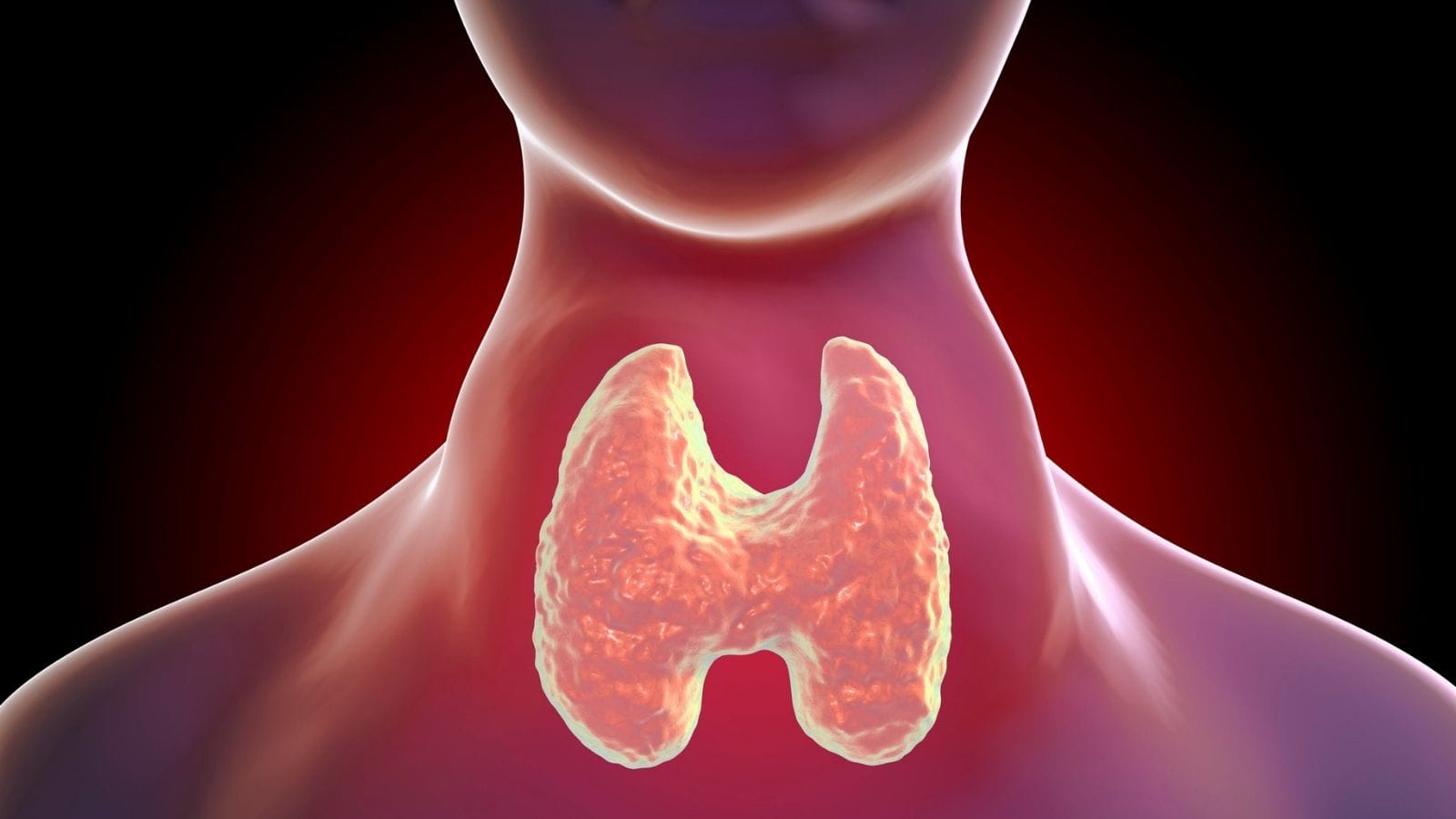
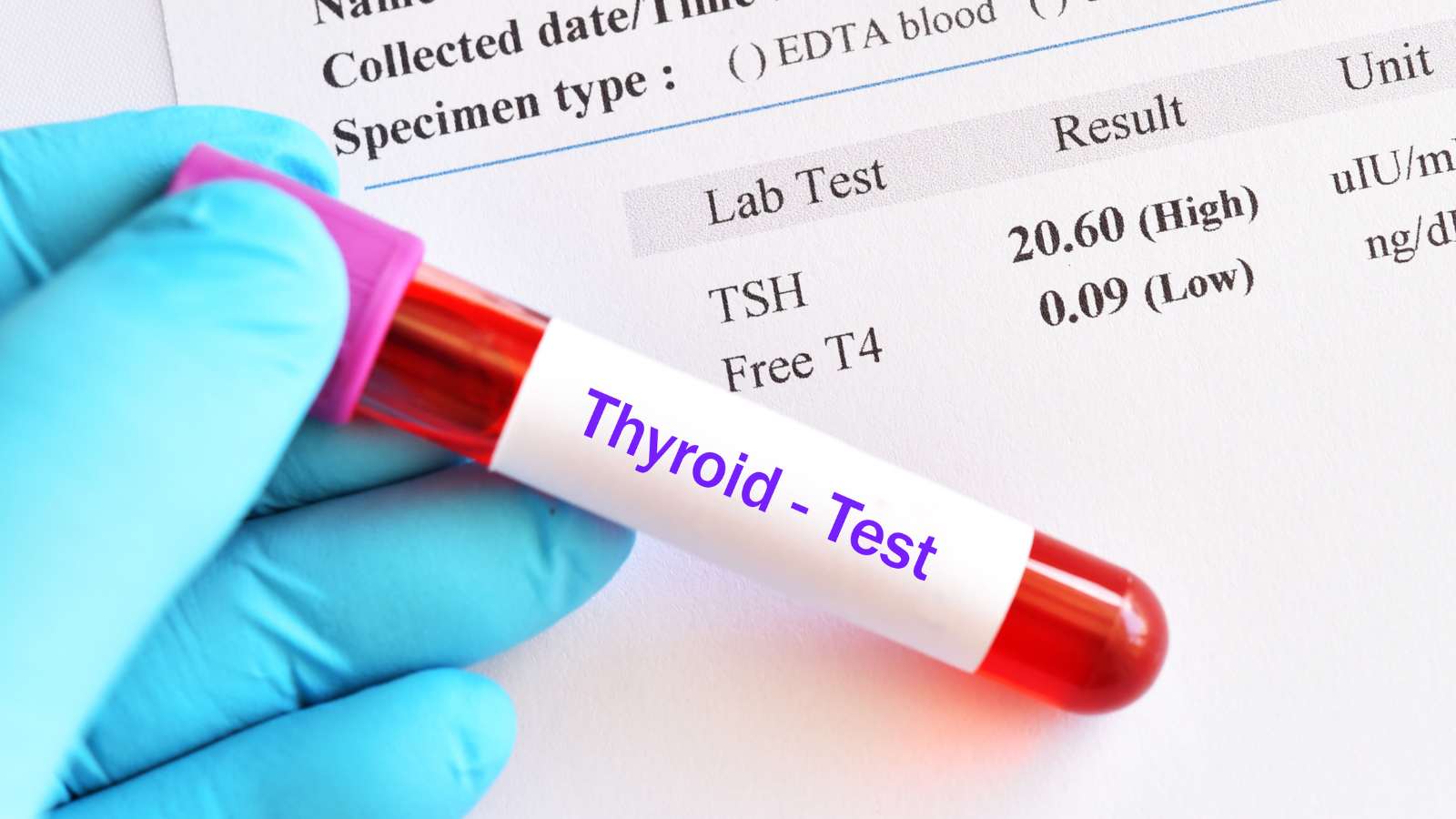

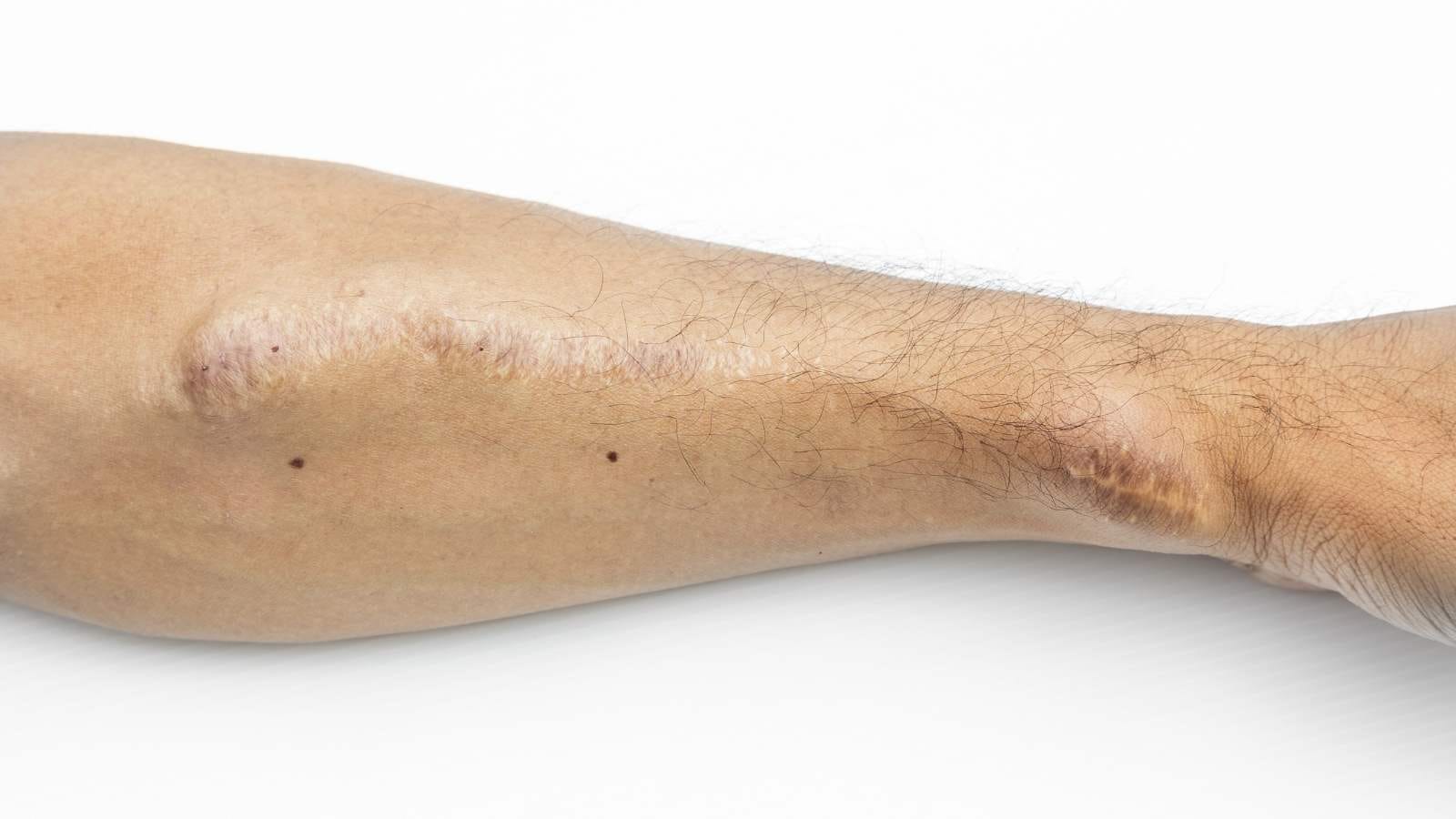

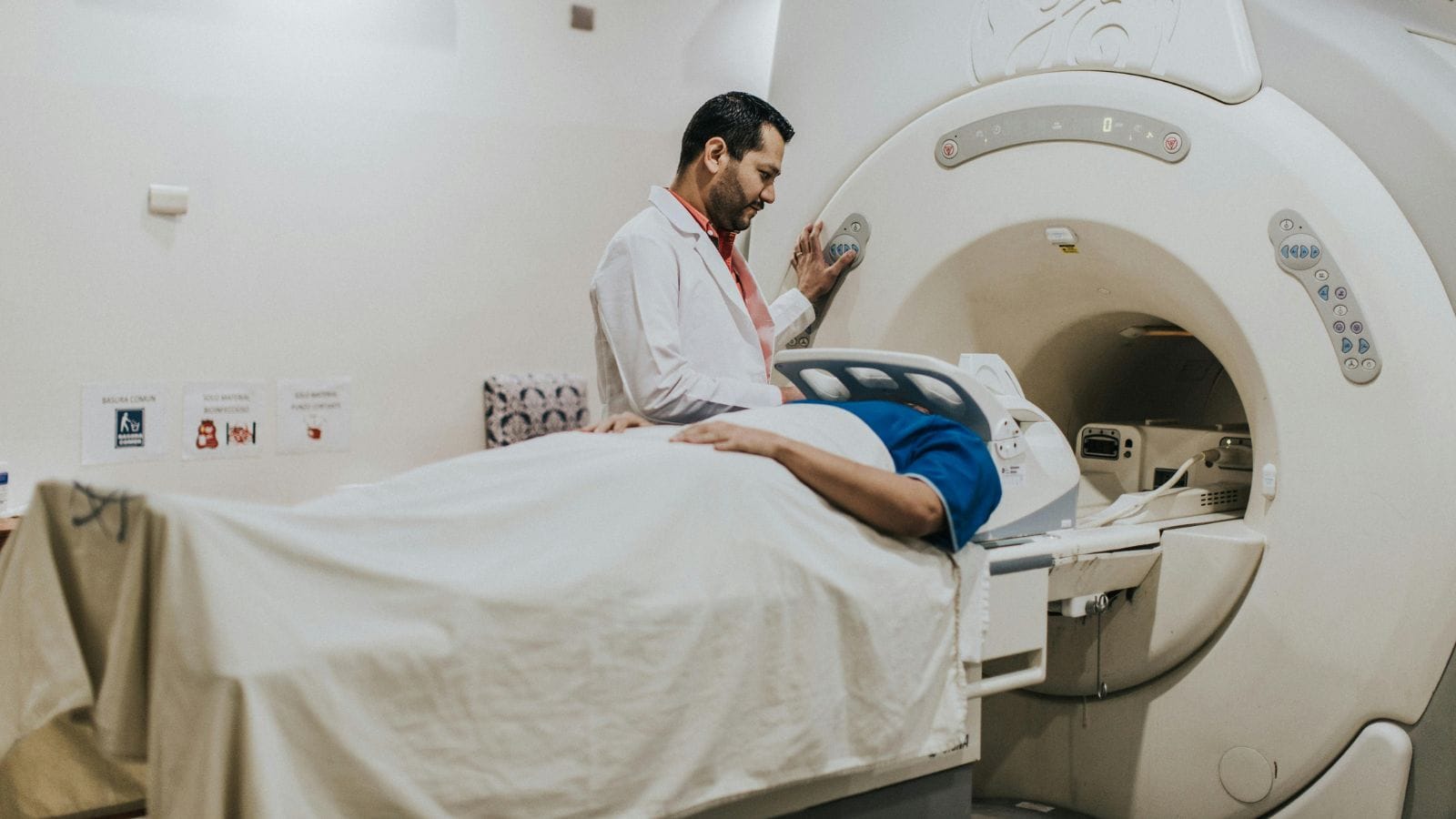

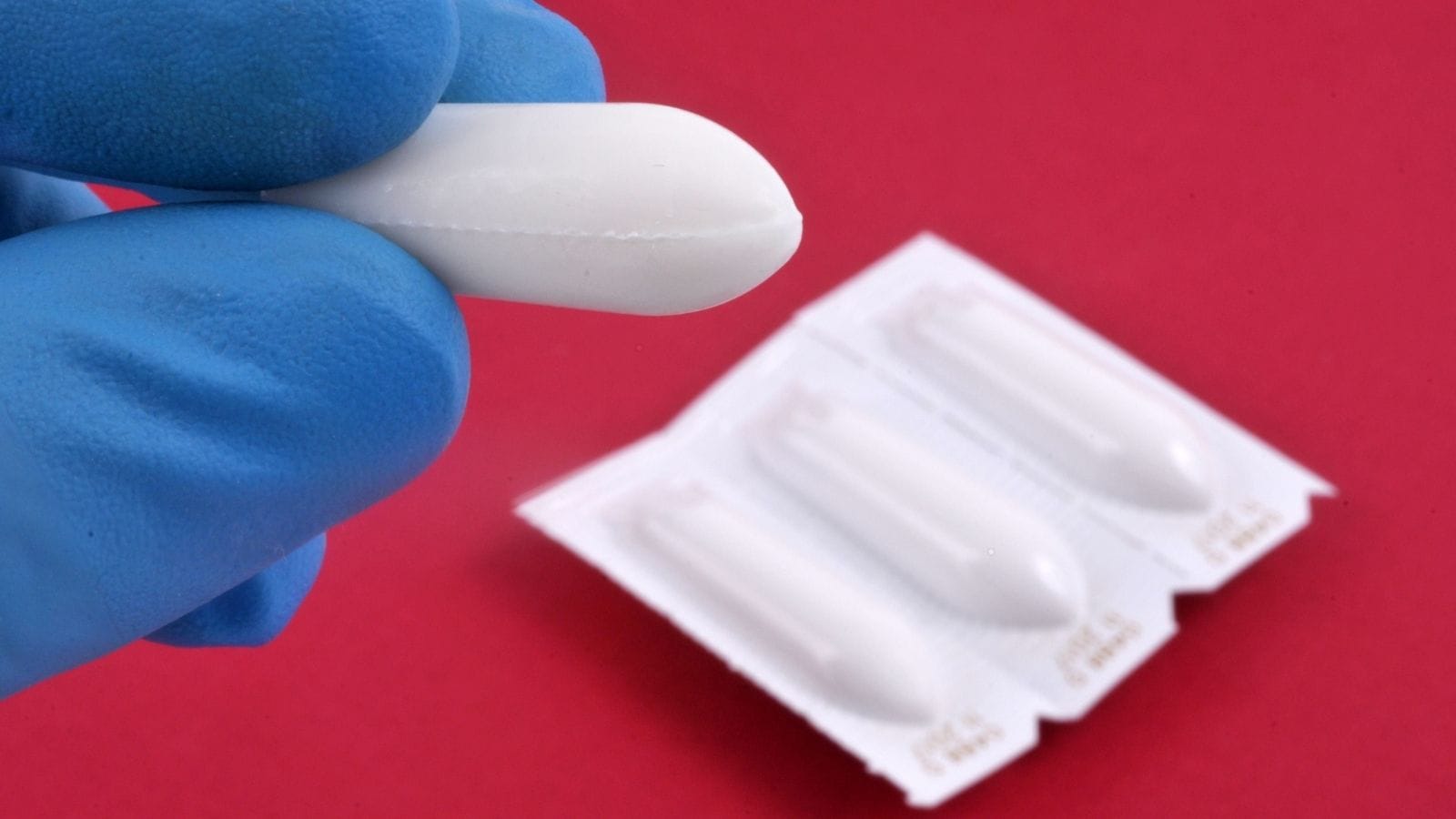
Vaka Örnekleri